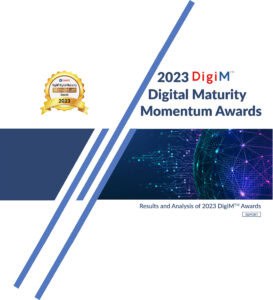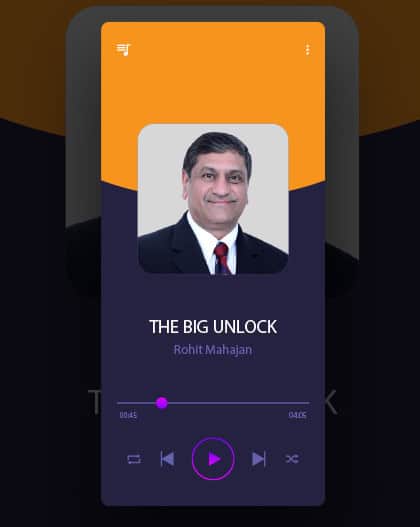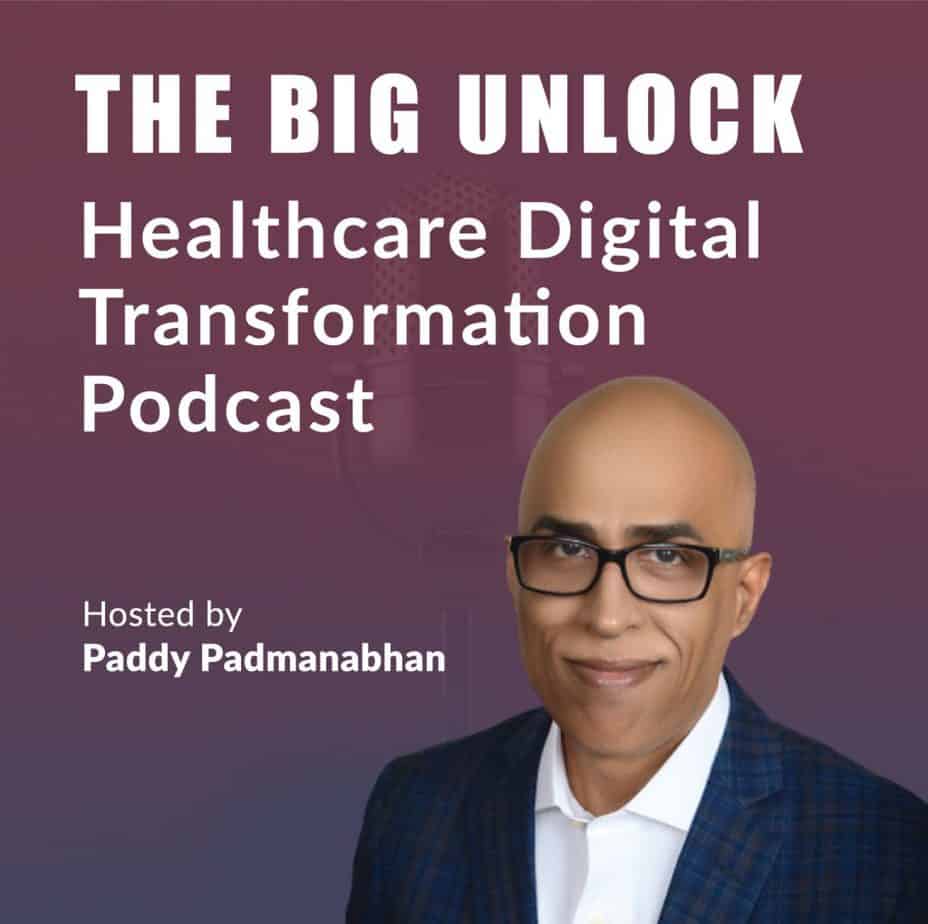Dive Brief:
- Healthcare leaders are bracing for disruption, with a third saying new entrants, processes and technologies will upend current business models, according to the ninth annual Industry Pulse survey.
- Nearly a fifth (18.4%) of healthcare executives say their organizations are coordinating with community programs and resources to integrate social determinants of health into population health programs, in line with last year’s findings. Other popular modes of integration include offering social assessment with health risk assessment (15.1%) and integrating nonmedical data such as financial and educational status.
- The survey, commissioned by health IT and analytics company Change Healthcare and the HealthCare Executive Group, draws on the perspectives of 185 healthcare leaders, 28% of them at the president or C-suite level.
Dive Insight:
With new entrants like Amazon-Berkshire Hathaway-J.P. Morgan Chase’s Haven and the rapid growth in retail clinics, healthcare executives have reason to worry about business disruption.
High on executives’ list of potential disruptors are innovations in care delivery (13.3%) and refinement of consumer experience (11.1%), both of which feature in retail and tech entrants, the survey notes. Other concerns include supply chain innovations (8.9%), launch of vertical one-stop healthcare companies (8.3%) and advances in artificial intelligence capabilities (7.2%).
“Healthcare is navigating disruptions on multiple fronts, and as a consequence, payers and providers are finding themselves stretched thin as they try to address a perfect storm of change,” David Gallegos, senior vice president of consulting services at Change Healthcare, said in a statement. “As if insurance market changes, value-based care, consumerization, and regulatory uncertainty weren’t enough, this year the industry is facing a new breed of market entrants and innovators whose impact remains unknown but could be substantial. Even the largest healthcare organizations don’t have the people and processes to move on all these fronts at once, yet they can’t ignore these changes.”
When it comes to improving overall health, care coordination is top of the list. Nearly two-thirds (63.7%) of leaders see care coordination as a nonmedical barrier to health and wellbeing in their communities. Rounding out the top five nonmedical barriers organizations plan to act on in the coming year are transportation (39.1%), food insecurity (27%), benefits coordination for public assistance (23%) and social isolation (19.4%).
Meanwhile, executives face a number of barriers to integration and support of nonmedical approaches in population health and clinical care. While CMS has given Medicare Advantage plans more flexibility to determine supplemental benefits, roughly half (49.2%) of respondents say payment structures for nonmedical benefits are lacking across the payer industry. Lack of effective metrics is the No. 2 obstacle (48.7%), followed by member/patient adoption (45.5%) and data sharing limitations (42.9%).
Patient engagement emerges as another strong theme in this year’s survey, with nearly 15% of respondents reporting use of patient portals. Other steps organizations are taking to increase engagement include language translations, telehealth and social media. However, lack of personalized content (6.9%) could be undermining the impact of educational efforts, the report notes.
As healthcare continues to shift to value-based reimbursement, the survey reveals a continuing hesitation on accepting risk. Asked when they expect the majority of value-based care relationships will include both upside and downside risk, nearly two-thirds (63.6%) of respondents said three to five years or more. Reasons for not accepting risk include data sharing limitations, no agreement on outcome measures and lack of incentives for provider-payer collaboration.
The findings also show an increasing role for technology in healthcare, with 30.1% of leaders reporting EHRs are their leading source of clinical data. Three in 10 respondents say analytics are “extremely effective” or “very effective” at increasing workflow efficiency, and nearly as many praised its role in empowering provider productivity.
Among digital technologies currently in use, patient portals lead at 73.1%, followed by telehealth (54%) and digital payment options (52.8%).
Considering the high stakes in protecting electronic health data, the findings also reveal a continuing — and troubling — trend: lack of funding for cybersecurity. More than a third (37.6%) of respondents feel there are too many competing priorities that demand attention, while 40% see cybercrime as a moving target with increasingly sophisticated hackers.
Nearly a fourth of leaders say cybersecurity is not a priority at the C-suite and board level, and 17.1% say their organization lacks a corporate-wide cybersecurity strategy. That jibes with a Black Book Market Research survey that found eight in 10 hospitals and health systems lack an executive tier leader to oversee cybersecurity despite the high costs and continued threat.

















